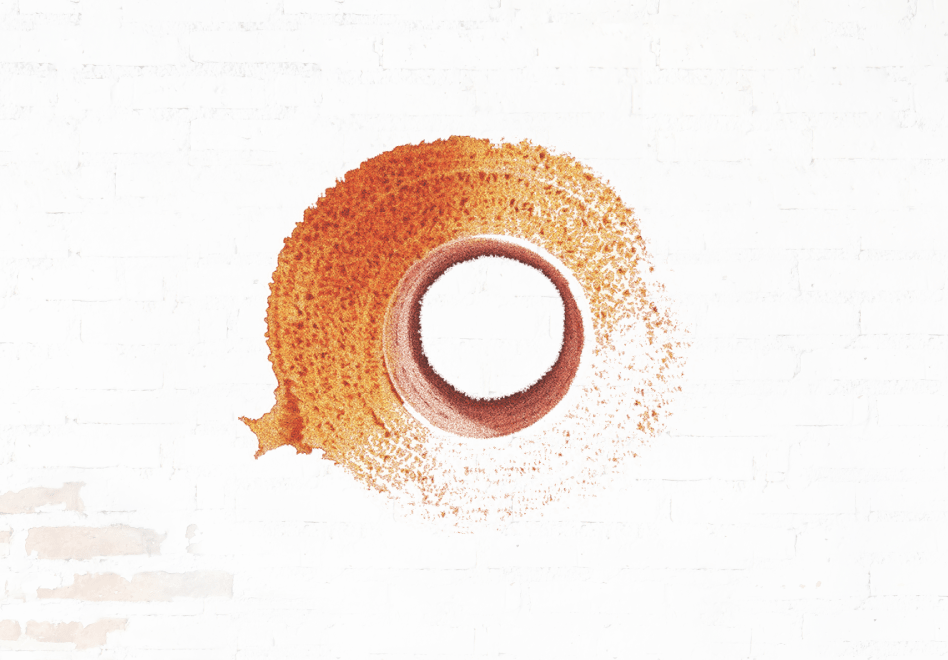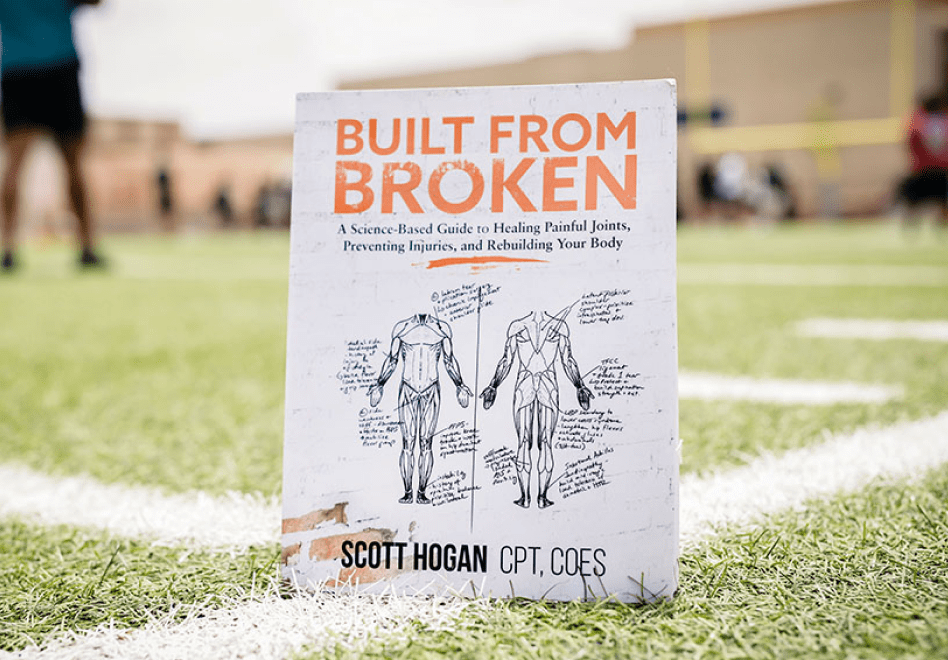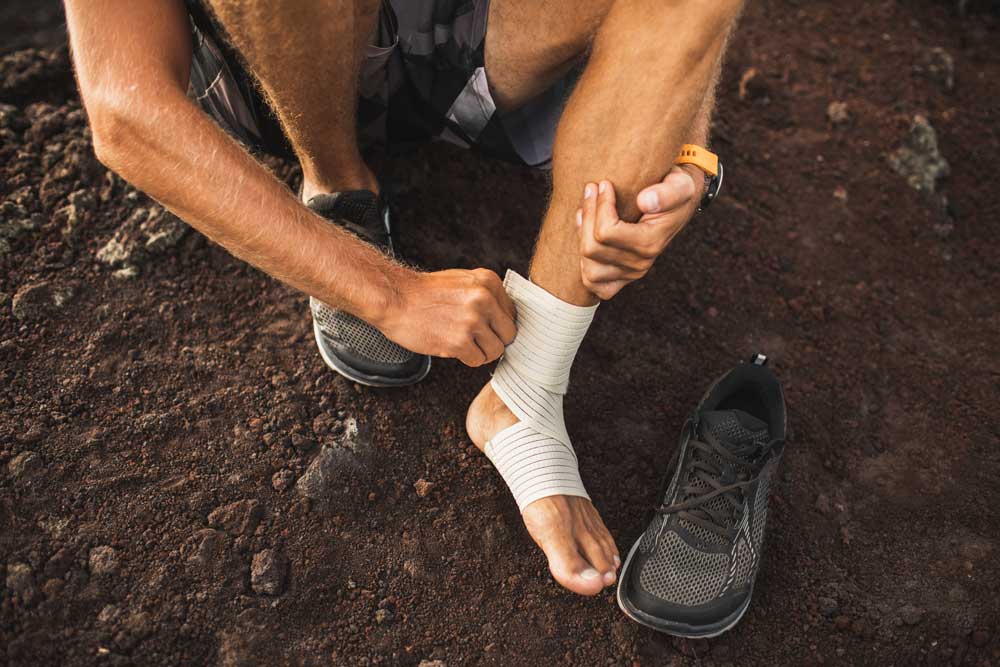
Be built (to last).
The right supplements can help you recover naturally and build a resilient body.
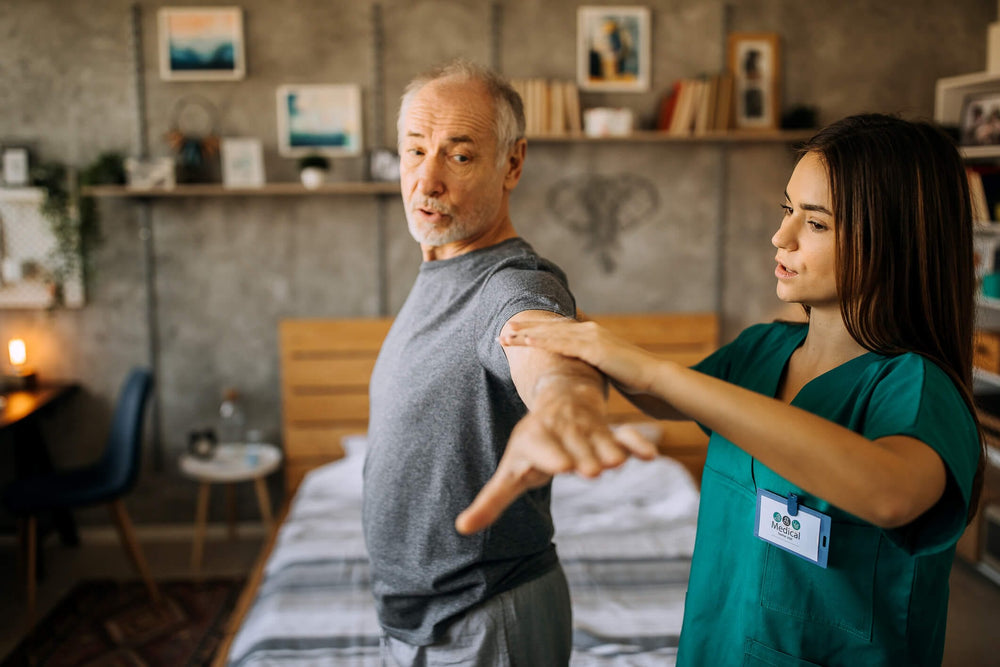
Supplement Quiz
Take this short quiz to discover the perfect supplements for your needs and goals.
About SaltWrap
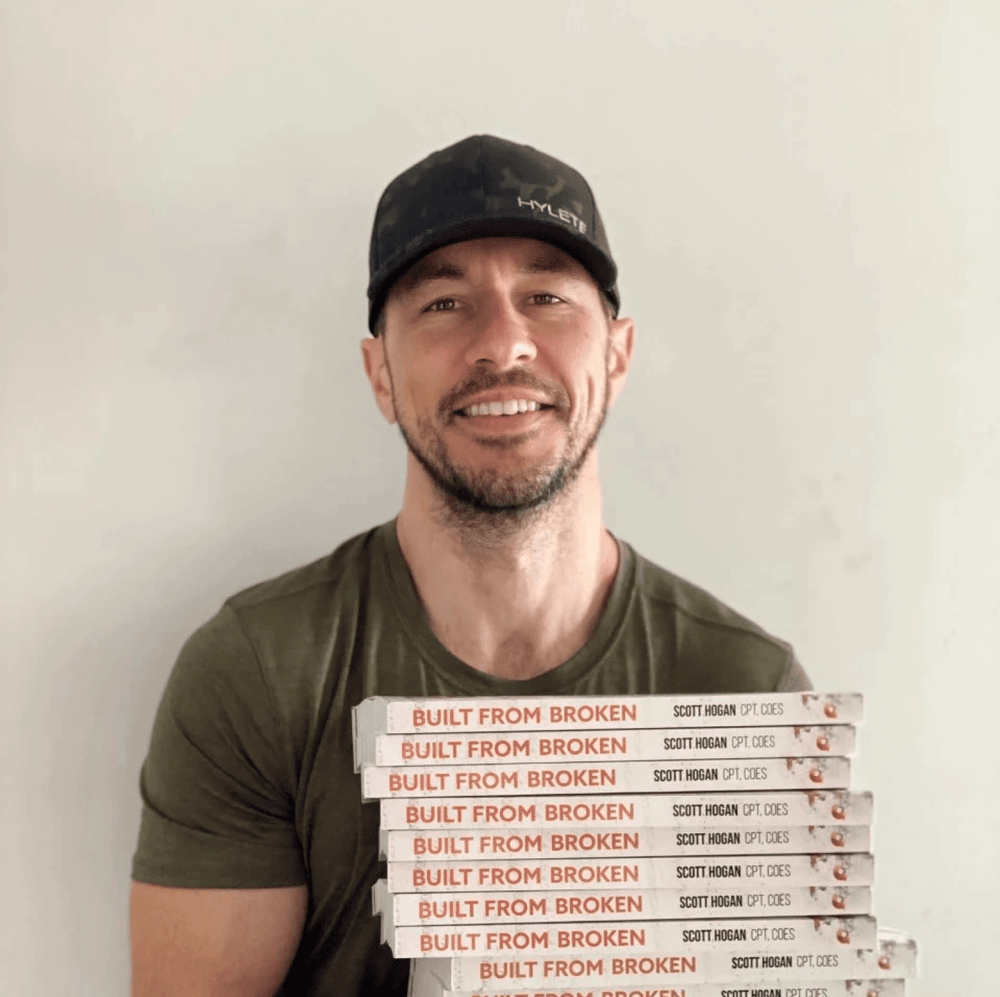
Built from Broken
Get the best-selling book from SaltWrap founder, Scott Hogan, and start rebuilding today.
Clinical Advisory Board: New Year Check-In
By Joe Zagami
At SaltWrap, our mission is to help you come back stronger.
But this idea doesn’t stop after healing from an injury or overcoming a setback. In fact, we’d argue that “come back stronger” also applies to people who are firing on all cylinders — but still want to challenge themselves to be even better.
To show you what we mean, we reached out to the world-class experts on SaltWrap’s Clinical Advisory Board. We wanted to know how they planned to come back stronger in the months ahead.
Here’s what they had to say:

Dr. Ro Mahajan, MD
Board-Certified Pain Physician
Regenerative medicine — especially when it comes to pain management — is always evolving. There is always emerging research or new modalities to explore. In short, the learning never stops. And that’s a good problem to have when it comes to helping patients come back stronger.
One of the areas I’m most excited to learn more about in the months ahead is the mind-body connection in relation to chronic pain.
Every month I take care of approximately 500 patients struggling with chronic pain. A good majority of them have an isolated structural problem such as a herniated disc impinging a nerve.
The treatment in this scenario is relatively easy as we simply target the structure causing pain.
However, many of my patients either have no structural cause for their pain, or they have a combination of a structural pain generator and non-structural pain.
Non-structural pain refers to how neural circuitry in an individual becomes programmed from an early age. The circuitry is influenced by our experiences (good and bad) and impacts how we manifest many physical and non-physical symptoms (pain, anxiety, depression, and many others) throughout our lives.
If you’ve ever suffered from chronic pain, then you may already know how it doesn’t begin and end in the affected area. It can contribute to physical exhaustion and sleep deprivation. Worse yet, it can also lead to (or exacerbate) mental health issues like anxiety and depression.
The mind-body connection essentially delves into this phenomenon. I want to better understand this connection so I can better educate my patients and help them get the pain relief they so desperately seek.
The good news is that the latest research indicates that mind-body interventions can help improve physical symptoms and outcomes for patients. These can range from simple relaxation and breathing techniques to more structured physical activities such as yoga, Tai Chi, and meditation.1
This is an area I look forward to learning more about in the coming months.
In my personal life, I plan on starting a jogging routine. After turning 40 earlier this year, I want to take a more proactive approach to preventing the development or progression of cardiovascular disease. Your heart, like any other muscle, can be strengthened and this will help me to mitigate heart related health issues down the road.
Additionally, increasing blood flow through cardiovascular exercise essentially benefits every tissue in your body by delivering oxygen and nutrients and removing waste products.
Outside of cardiovascular health, I am also interested in preserving my neurologic and cognitive health.
I have taken care of thousands of patients with Alzheimer's and other cognitive disorders, and I see how difficult their lives have become. There is scientific evidence that working out on a whole-body vibration plate can help improve blood flow. It may also help with improving cognitive function in patients with dementia.2
I am seeking a workout option that does not take a significant amount of time, but confers a relatively significant benefit. And I feel that working out on a whole body vibration plate can support me in this way.

Alaina Curry, DPT
Doctor of Physical Therapy, NSCA CSCS, and Former NCAA All-American Athlete
‘Tis the season to reflect on the past year and prepare for the next. Inevitably, life is full of ups and downs. I’ve found that a little self-reflection on your past challenges and accomplishments can purposefully help shape your future.
One of my biggest setbacks in 2024 was a disabling back injury. And one of my biggest achievements was overcoming it.
This offered me some great perspective in my personal life and in my career as a physical therapist. I learned valuable and practical methods from my healing process that didn’t come from my doctorate degree or from my experience working in the field alone.
There are three big takeaways from my experience that I’ll focus on in the coming months. These are topics that I previously didn’t talk about enough with my physical therapy clients. If you or your loved ones experience any setbacks in your health, I hope these values that I’ve developed from my own experience can motivate you to come back stronger.
1. Prioritize Your Mental Health Just as Much as Your Physical Health
Injuries can be debilitating. If you’re not able to participate in your daily life the same way as you did before, it will impact your mental state in a negative way. This is something you must work at every single day, just as you would show up to your doctor’s appointments, participate in physical therapy, and take care of your physical health.
I’ve found it takes a lot of practicing gratitude, patience, and grace. Be kind and understanding to yourself, just as you are with others. Focus on what you CAN do rather than what you can’t do.
Remember that everything is temporary, and the healing process is never perfectly linear. (Tools that helped me include talk therapy and meditation.)
Why did I find this so important? Because it’s human nature to gravitate toward the negative. It can be hard to see the light at the end of the tunnel when you are in it.
2. Actively Seek Out Help (From More Than One Person)
No one should feel like they’re alone during the healing process, and you shouldn’t feel as though you have to take it all in your own hands.
One of the most common responses I had from others after I told them I hurt my back was, “At least you’re a physical therapist.” This had me believing for a short time that I had to take on the responsibility of caring for my injury by myself.
After feeling overwhelmed by this, I realized support from others is vital.
Others can provide many benefits to you during these hard times that are essential to the healing process. Whether it’s moral support from friends and family, or seeking out different opinions from health practitioners, everyone can provide you with unique help.
Some may be counterproductive. Others may have you saying, “I don’t know what I would have done without them.” The more resourceful you are in receiving help, the better you can navigate through rehab and optimize your success.
Getting multiple opinions from doctors, physical therapists, chiropractors, movement specialists, etc. can help you feel more confident in your decisions and aid in keeping your positive mentality (see point #1). What is right for someone else may not be right for you. One opinion is rarely enough.
3. Nutrition Matters
Our health and well-being are closely linked to the food we eat. It provides the nutrition to fuel our biological functions. For instance, nutrition modulates our body’s inflammatory response. The human body is amazing in how it self-regulates and heals itself, always striving for homeostasis (balance).
However, the impact of nutrition can be underrated in the healing process.
Poor nutrition or malnutrition can slow healing and, in some cases, even make your symptoms worse. In fact, our body’s nutritional demands can be higher when healing from an injury.
Make sure your diet is providing you with adequate macronutrients, micronutrients, and minerals to optimize this process.
Fueling our body the right way can be extremely difficult through our diets alone. Supplements can act as a great adjunct to promote optimal nutritional intake and improve outcomes. The right dietary supplements can even provide aid in our recovery where our food intake can’t.

Chris Dempers, ASCM-EP®
Medical Exercise Specialist
When it comes to aging with fitness, there are always new and exciting innovations to explore. There are several specific areas I’ll be focusing my attention on in the coming months.
I’m looking forward to diving into the areas of workout intensity, smart (and adaptable) workout planning, and recovery from sports injuries.
One area that has my attention is foam rolling. Yes, we’ve all seen it done. Maybe it’s already a part of your daily routine. But most people either a) aren’t doing it properly or b) aren’t doing it in a way that will yield maximum recovery and performance benefits.
By applying correct foam rolling techniques to existing fitness protocols, I hope to get patients of all ages not just on the road to recovery, but on the way to coming back stronger.
And, on a personal note, I’m getting married just a few months from now. So, I’ll be working on getting into the best shape of my life ahead of the big day — and the next chapter ahead.
Whatever your goals are in the new year, SaltWrap is here to help you achieve them.
Whether it’s with useful information from our blog, award-winning Therapeutic Sports Nutrition™ formulas in the SaltWrap Store, or a step-by-step blueprint for rebuilding your body and unlocking maximum performance, we’re honored to be a part of your journey.
With SaltWrap in your corner, you’ll have all the tools you need to come back stronger.
Founder: Scott Hogan

I created SaltWrap to bring together the most practical ideas in therapeutic sports nutrition, corrective exercise, and functional fitness — with the goal of keeping you (and myself) strong, mobile, and built to last.
I've worked as an A.C.E. Certified Personal Trainer, Orthopedic Exercise Specialist, and nutritional supplement formulator.
But more importantly — I've spent most of my life battling injuries, joint pain, and just being plain beat up. So I know what it's like to struggle toward fitness goals.
SaltWrap is here to push you through injuries, setbacks and perceived physical limitations. To a place beyond what you think you're capable of. Sign up here to stay in the loop.
Learn more about my best-selling injury prevention and recovery book, Built from Broken.

